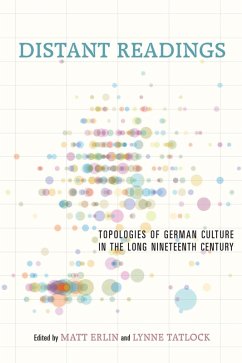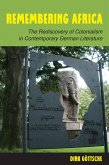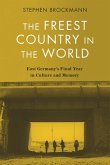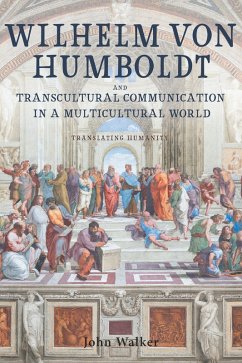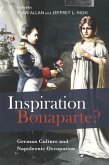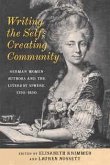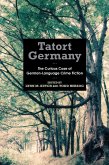Explores the concept of "distant reading" and its application to the analysis of nineteenth-century German literature and culture, drawing on a range of approaches from the emerging digital humanities field.
In nineteenth-century Germany, breakthroughs in printing technology and an increasingly literate populace led to an unprecedented print production boom that has long presented scholars with a challenge: how to read it all? This anthology seeks new answers to the scholarly quandary of the abundance of text. Responding to Franco Moretti's call for "distant reading" and modeling a range of innovative approaches to literary-historical analysis informed by theburgeoning field of digital humanities, it asks what happens when we shift our focus from the one to the many, from the work to the network.
The thirteen essays in this volume explore the evolving concept of "distant reading"and its application to the analysis of German literature and culture in the long nineteenth century. The contributors consider how new digital technologies enable both the testing of hypotheses and the discovery of patterns and trends, as well as how "distant" and traditional "close" reading can complement each another in hybrid models of analysis that maintain careful attention to detail, but also make calculation, enumeration, and empirical descriptioncritical elements of interpretation.
Contributors: Kirsten Belgum, Tobias Boes, Matt Erlin, Fotis Jannidis and Gerhard Lauer, Lutz Koepnick, Todd Kontje, Peter M. McIsaac, Katja Mellmann, Nicolas Pethes, Andrew Piper and Mark Algee-Hewitt, Allen Beye Riddell, Lynne Tatlock, Paul A. Youngman and Ted Carmichael.
Matt Erlin is Professor of German and Chair of the Department of Germanic Languages and Literatures, and Lynne Tatlock is Hortense and Tobias Lewin Distinguished Professor in the Humanities, both at Washington University in St. Louis.
In nineteenth-century Germany, breakthroughs in printing technology and an increasingly literate populace led to an unprecedented print production boom that has long presented scholars with a challenge: how to read it all? This anthology seeks new answers to the scholarly quandary of the abundance of text. Responding to Franco Moretti's call for "distant reading" and modeling a range of innovative approaches to literary-historical analysis informed by theburgeoning field of digital humanities, it asks what happens when we shift our focus from the one to the many, from the work to the network.
The thirteen essays in this volume explore the evolving concept of "distant reading"and its application to the analysis of German literature and culture in the long nineteenth century. The contributors consider how new digital technologies enable both the testing of hypotheses and the discovery of patterns and trends, as well as how "distant" and traditional "close" reading can complement each another in hybrid models of analysis that maintain careful attention to detail, but also make calculation, enumeration, and empirical descriptioncritical elements of interpretation.
Contributors: Kirsten Belgum, Tobias Boes, Matt Erlin, Fotis Jannidis and Gerhard Lauer, Lutz Koepnick, Todd Kontje, Peter M. McIsaac, Katja Mellmann, Nicolas Pethes, Andrew Piper and Mark Algee-Hewitt, Allen Beye Riddell, Lynne Tatlock, Paul A. Youngman and Ted Carmichael.
Matt Erlin is Professor of German and Chair of the Department of Germanic Languages and Literatures, and Lynne Tatlock is Hortense and Tobias Lewin Distinguished Professor in the Humanities, both at Washington University in St. Louis.
Dieser Download kann aus rechtlichen Gründen nur mit Rechnungsadresse in A, D ausgeliefert werden.

